WORKS 2022
17th Workshop on Workflows in Support of Large-Scale Science
November 14, 2022 — 8:30am-noon CT — Room D222
Dallas, TX, USA (and virtual)
In conjunction with
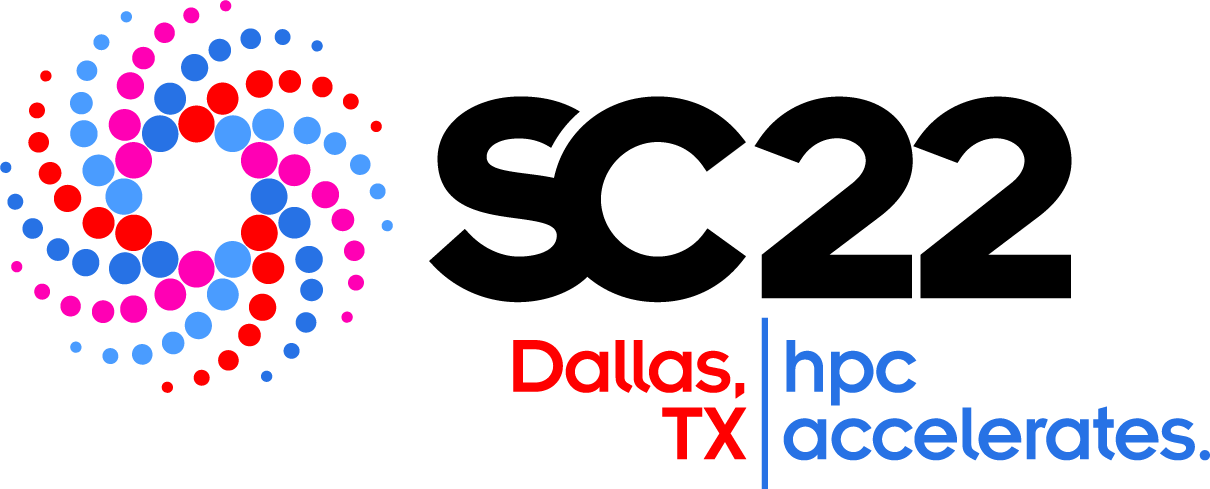
Proceedings by
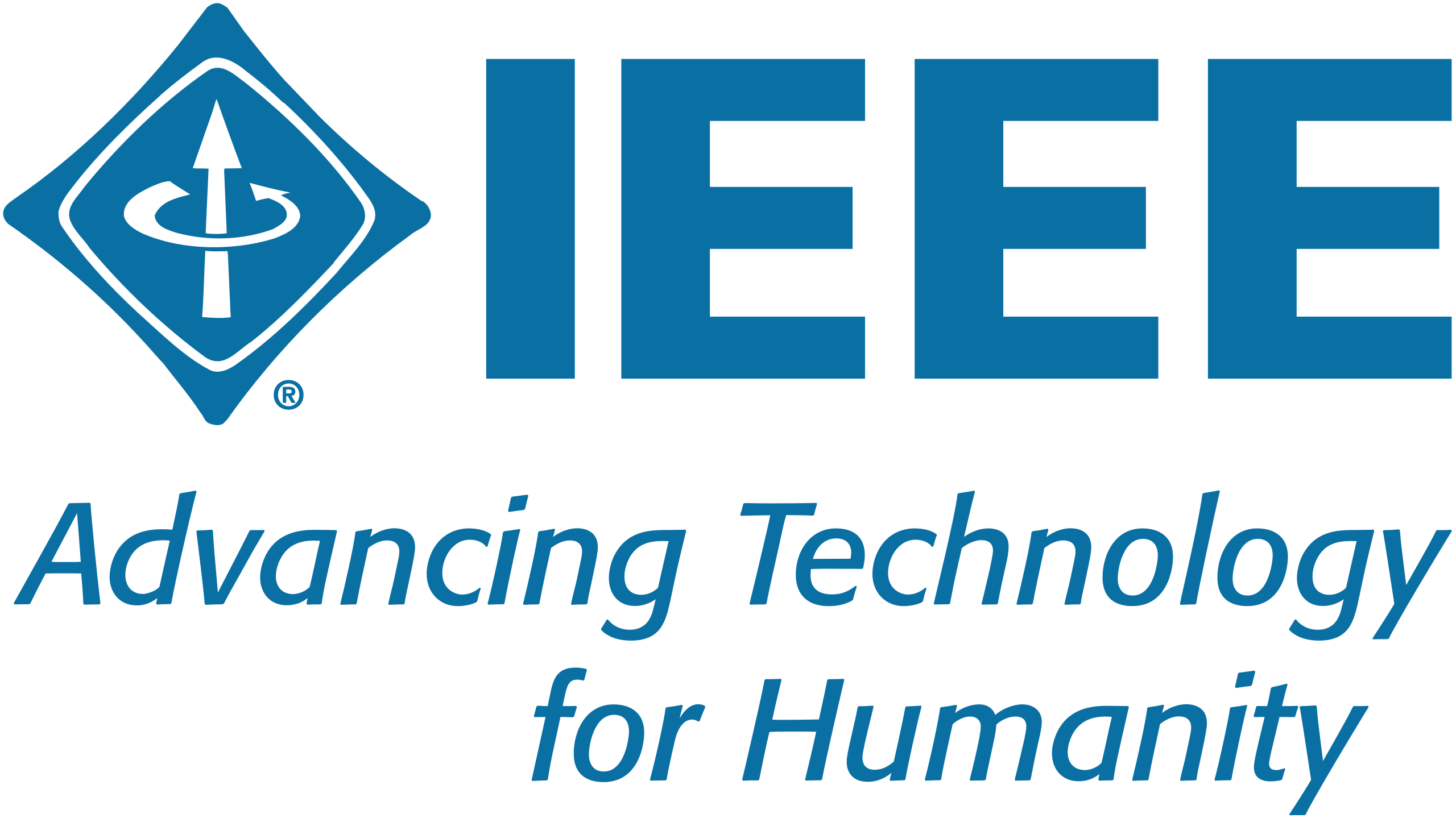
WORKS 2022 focuses on the many facets of scientific workflow management systems, ranging from actual execution to service management and the coordination and optimization of data, service, and job dependencies. The workshop covers a broad range of issues in the scientific workflow lifecycle that include: scientific workflows representation and enactment; workflow scheduling techniques to optimize the execution on heterogeneous infrastructures; workflow enactment engines that deal with failures in the application and infrastructure; and a number of computer science problems related to scientific workflows such as semantic technologies, compiler methods, fault tolerance, etc.
Workshop Program
| Time | Event |
|---|---|
| 8:30am | Welcome and Introductions
Rosa Filgueira and Rafael Ferreira da Silva |
| 8:30am-9:00am | Invited Talk: Making easier the development and deployment of application workflows with eFlows4HPC
Rosa M. Badia |
| 9:00am-9:12am |
Paper:
RADICAL-Pilot and Parsl: Executing Heterogeneous Workflows on HPC Platforms
Alsaadi, Ward, Merzky, Chard, Foster, Jha, Turilli |
| 9:12am-9:24am |
Paper:
Automatic, Efficient, and Scalable Provenance Registration for FAIR HPC Workflows
Sirvent, Conejero, Lordan, Ejarque, Rodríguez-Navas, Fernández, Capella-Gutiérrez, Badia |
| 9:24am-9:36am |
Paper:
Challenges of Provenance in Scientific Workflow Management Systems
Alam, Roy |
| 9:36am-9:48am |
Paper:
A Domain-Specific Provenance Query Composition Environment for Scientific Workflows
Hossain, Roy, Roy, Schneider |
| 9:48am-10:00am |
Paper:
Workflow Anomaly Detection with Graph Neural Networks
Jin, Raghavan, Papadimitriou, Wang, Mandal, Krawczuk, Pottier, Kiran, Deelman, Balaprakash |
| 10:00am-10:30am | Break |
| 10:30am-10:36am |
Lightning Talk:
Modeling Data Integrity Threats for Scientific Workflows Using OSCRP and MITRE ATT&CK®
Abhinit, Adams, Chase, Mandal, Xin, Vahi, Rynge, Deelman |
| 10:36am-10:42am |
Lightning Talk:
RECUP: A (Meta)data Framework for Reproducing Hybrid Workflows with FAIR
Pouchard, Islam, Nicolae, Ross |
| 10:42am-10:48am |
Lightning Talk:
Recommending Tools and Sub-Workflows for Scientific Workflow Management Systems
Alam, Roy, Serebrenik |
| 10:48am-10:54am |
Lightning Talk:
libEnsemble: Flexible Workflows through Dynamic Assignment of Workers and Resources
Hudson, Larson, Navarro, Wild |
| 10:54am-11:00am |
Lightning Talk:
HyperShell v2: A Better Workflow Automation Tool for Many-Task Computing
Lentner, Gorenstein |
| 11:00am-11:12am |
Paper:
Co-Scheduling Ensembles of In Situ Workflows
Do, Pottier, Ferreira da Silva, Suter, Caíno-Lores, Taufer, Deelman |
| 11:12am-11:24am |
Paper:
Events as a Basis for Workflow Scheduling
Marchant |
| 11:24am-11:36am |
Paper:
An Automated Cryo-EM Computational Environment on the HPC System Using Pegasus WMS
Osinski, Rynge, Vahi, Hong, Chu, Sul, Deelman, Kim |
| 11:36am-11:48am |
Paper:
Cross-Facility Workflows: Case Studies with Active Experiments
Tyler, Knop, Bard, Nugent |
| 11:48am-noon |
Paper:
CardioHPC: Serverless Approaches for Real-Time Heart Monitoring of Thousands of Patients
Gusev, Ristov, Amza, Hohenegger, Prodan, Mileski, Gushev, Temelkov |
Keynote
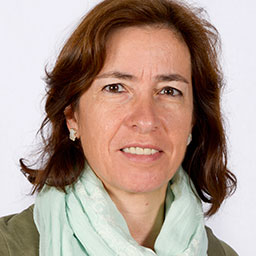
Rosa M. Badia
Barcelona Supercomputing Center, Spain
Making easier the development and deployment of application workflows with eFlows4HPC
While distributed computing infrastructures are becoming increasingly complex, the user community provides more complex application workflows to leverage them. In addition, current trends aim to use data analytics and artificial intelligence combined with HPC modeling and simulation. However, the programming models and tools are different in these fields, and there is a need for methodologies that enable the development of workflows that combine HPC software, data analytics, and artificial intelligence. The eFlows4HPC project aims at providing a workflow software stack that fulfills this need. The project is also developing the HPC Workflows as a Service (HPCWaaS) methodology that aims at providing tools to simplify the development, deployment, execution, and reuse of workflows. The project showcases its advances with three application Pillars with industrial and social relevance: manufacturing, climate, and urgent computing for natural hazards. The talk will present the actual progress and findings of the project.
Rosa M. Badia holds a PhD on Computer Science (1994) from the Technical University of Catalonia (UPC). She is the manager of the Workflows and Distributed Computing research group at the Barcelona Supercomputing Center (BSC). She has made significant contributions to Parallel programming models for multicore and distributed computing due to her contribution to task-based programming models during the last 15 years. The research group focuses on PyCOMPSs/COMPSs, a parallel task-based programming distributed computing, and its application to the development of large heterogeneous workflows that combine HPC, Big Data, and Machine Learning. Dr Badia has published nearly 200 papers in international conferences and journals on the topics of her research. She has been active in projects funded by the European Commission in contracts with industry. She is a member of HiPEAC Network of Excellence. She received the Euro-Par Achievement Award 2019 for her contributions to parallel processing, the DonaTIC award, category Academia/Researcher in 2019, and the HPDC Achievement Award 2021 for her innovations in parallel task-based programming models, workflow applications and systems, and leadership in the high-performance computing research community. Rosa Badia is the IP of eFlows4HPC.
Important Dates
-
Papers and Abstracts SubmissionAugust 15August 22, 2022 (final extension) -
Paper and Abstract Acceptance NotificationsSeptember 9September 14, 2022 -
Camera-ready SubmissionsSeptember 30October 10, 2022 -
November 14, 2022
Workshop
All deadlines are Anywhere on Earth (AoE).
Call for Papers
Scientific workflows have been almost universally used across scientific domains and have underpinned some of the most significant discoveries of the past several decades. Workflow management systems (WMSs) provide abstraction and automation which enable a broad range of researchers to easily define sophisticated computational processes and to then execute them efficiently on parallel and distributed computing systems. As workflows have been adopted by a number of scientific communities, they are becoming more complex and require more sophisticated workflow management capabilities. A workflow now can analyze terabyte-scale data sets, be composed of one million individual tasks, require coordination between heterogeneous tasks, manage tasks that execute for milliseconds to hours, and can process data streams, files, and data placed in object stores. The computations can be single core workloads, loosely coupled computations, or tightly all within a single workflow, and can run in dispersed computing platforms.
This workshop focuses on the many facets of scientific workflow management systems, ranging from actual execution to service management and the coordination and optimization of data, service, and job dependencies. The workshop covers a broad range of issues in the scientific workflow lifecycle that include: scientific workflows representation and enactment; workflow scheduling techniques to optimize the execution of the workflow on heterogeneous infrastructures; workflow enactment engines that need to deal with failures in the application and execution environment; and a number of computer science problems related to scientific workflows such as semantic technologies, compiler methods, scheduling and fault detection and tolerance.
WORKS22 will be held in conjunction with the SuperComputing (SC22), Dallas, Texas, USA, at Kay Bailey Hutchison Convention Center Dallas.
Topics for the workshop
WORKS22 welcomes original submissions in a range of areas, including but not limited to:
- Big Data analytics workflows, AI workflows
- Data-driven workflow processing, stream-based workflows
- Workflow composition, tools, orchestrators, and languages
- Workflow execution in distributed environments (including HPC, clouds, and grids)
- FAIR computational workflows
- Dynamic data dependent workflow systems solutions
- Exascale computing with workflows
- In Situ Data Analytics Workflows
- Human-in-the-loop workflows
- Workflow fault-tolerance and recovery techniques
- Workflow user environments, including portals
- Workflow applications and their requirements
- Adaptive workflows
- Workflow optimizations (including scheduling and energy efficiency)
- Performance analysis of workflows
- Workflow provenance
- Registers for workflows
- Serverless workflows and serverless orchestration
There will be two forms of presentations:
- Talks - Full papers (up to 8 pages) describing a research contribution in the topics listed above.
- Lightning Talks - Abstracts (up to 2 pages) describing a novel tool, scientific workflow, or concept.
Submission of a full paper may result in a talk, submission of an abstract may result in a lightning talk.
Proceedings Publication
Accepted papers from the workshop will be published by the IEEE Computer Society Press, USA and made available online through the IEEE Digital Library.
Paper Submission Guidelines
- Full papers: Submissions are limited to 8 pages. The 8-page limit includes figures, tables, appendices, and references.
- Abstracts: Submissions are limited to 2 pages (including references). The 2-pages limit includes the description of a novel tool/science workflow/concept, and a link of a repository in which the novel source-code of the tool is stored. This repository will need to specify all the instructions necessary to execute the tool, so reviewers can test it. Abstracts will be compiled into a single paper and published as part of the workshop proceedings.
The format of the paper should be of double column text using single spaced 10 point size on 8.5 x 11 inch
pages, as per IEEE 8.5 x 11 manuscript guidelines. Templates are available from
this link.
Organization
Program Committee Chairs
Rosa Filgueira
University of St Andrews, UK
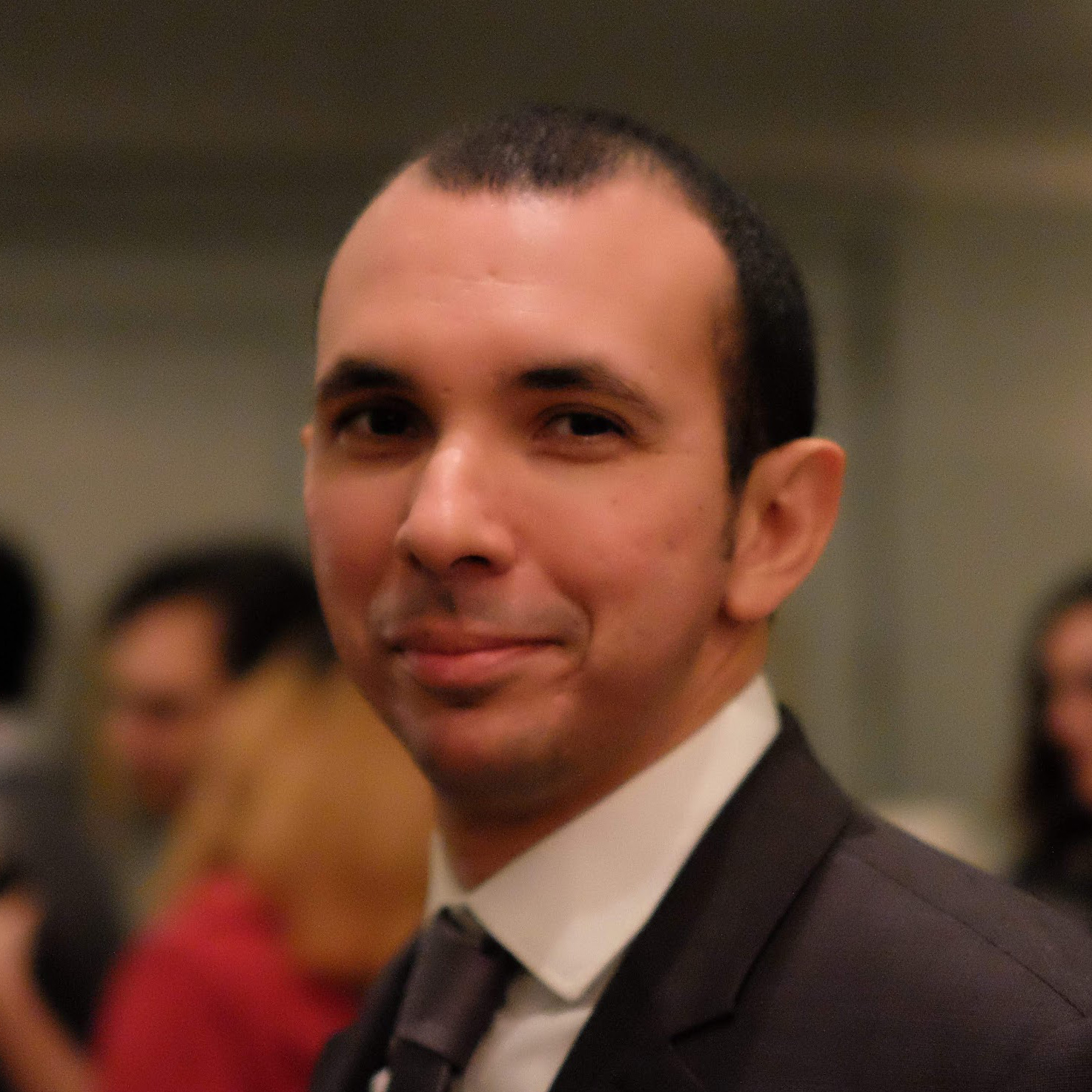
Rafael Ferreira da Silva
Oak Ridge National Laboratory, USA

Ian J. Taylor
SIMBA Chain, USA
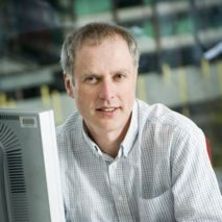
David Abramson
University of Queensland, Australia
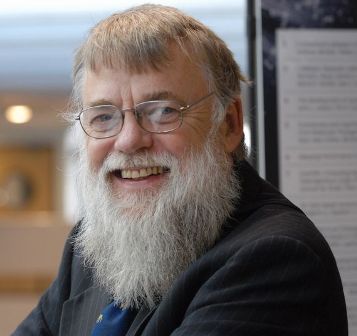
Malcolm Atkinson
University of Edinburgh, UK
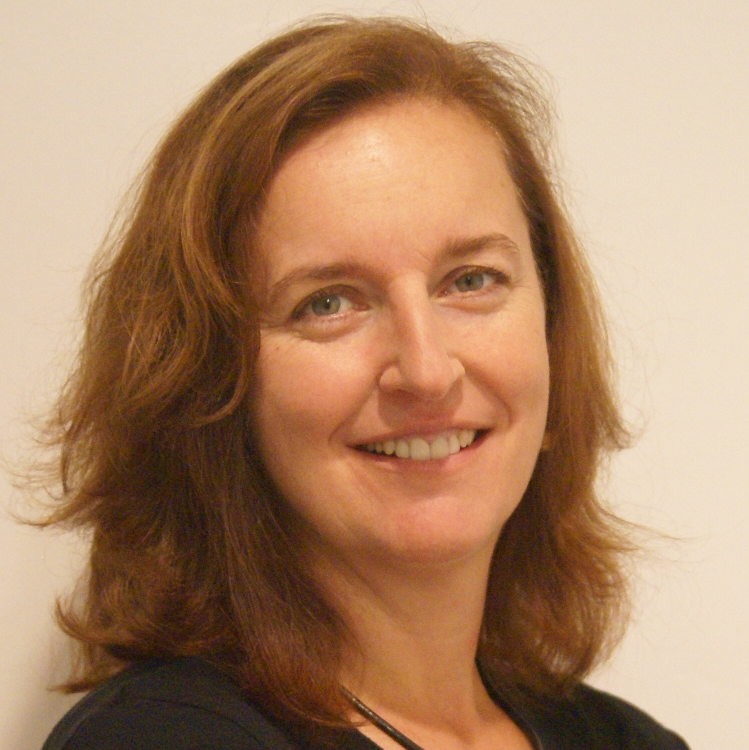
Ewa Deelman
University of Southern California, USA
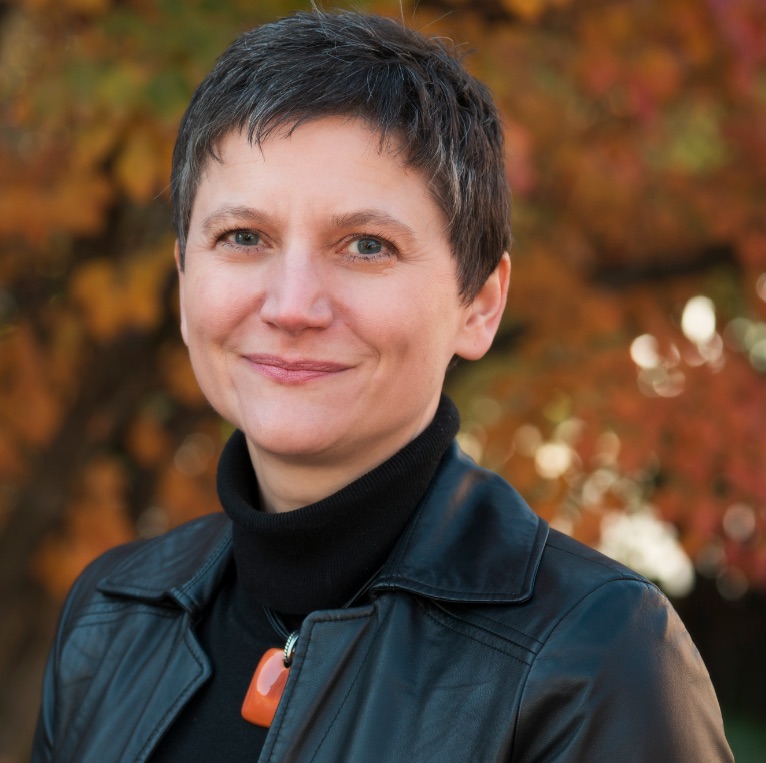
Michela Taufer
University of Tennessee, USA
Program Committee
Rosa M. Badia
Barcelona Supercomputing Center
Henri Casanova
University of Hawaii at Manoa
Kyle Chard
University of Chicago
Tainã Coleman
University of Southern California
Michael R. Crusoe
Common Workflow Language
Frank Di Natale
Nvidia
Paolo Di Tommaso
Seqera Labs
Thomas Fahringer
University of Innsbruck
Daniel Garijo
Universidad Politécnica de Madrid
Sandra Gesing
University of Illinois Chicago
Daniel S. Katz
University of Illinois at Urbana-Champaign
Ketan C. Maheshwari
Oak Ridge National Laboratory
Maciej Malawski
AGH UST
Marta Mattoso
UFRJ
Raffaele Montella
University of Naples Parthenope
Daniel de Oliveira
UFF
J. Luc Peterson
Lawrence Livermore National Laboratory
Loïc Pottier
Lawrence Livermore National Laboratory
Lavanya Ramakrishnan
Lawrence Berkeley National Laboratory
Tyler Skluzacek
Oak Ridge National Laboratory
Frédéric Suter
Oak Ridge National Laboratory
Douglas Thain
University of Notre Dame
Sean R. Wilkinson
Oak Ridge National Laboratory
Justin Wozniak
Argonne National Laboratory